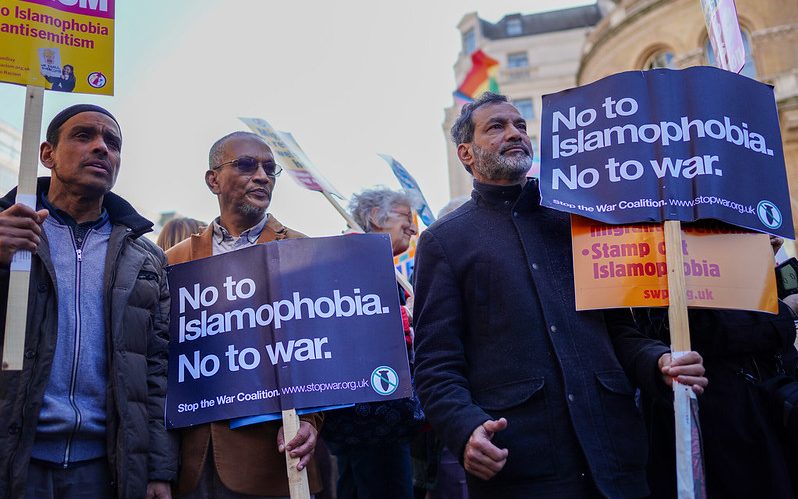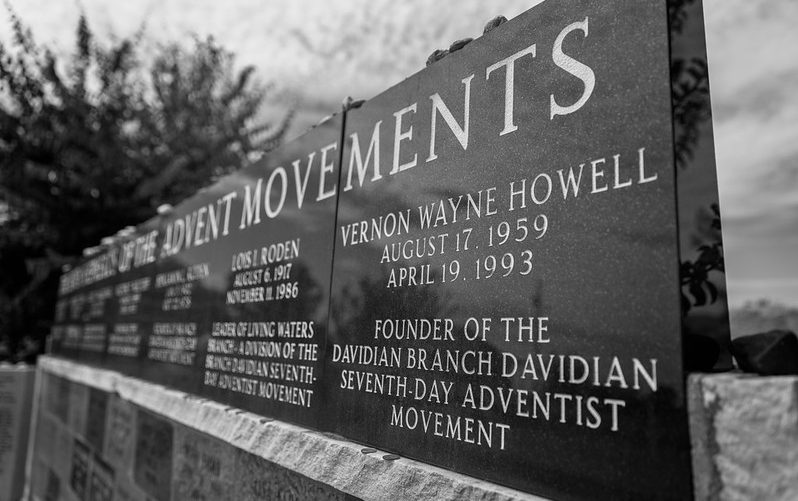
The impact of online Islamophobic discourse on offline anti-Muslim hate-crime
Although online hate speech is deeply rooted in Islamophobic sentiments and exhibits distinct characteristics from offline forms of abuse or violence, substantial evidence supports the assertion that online hate speech serves as a catalyst for offline actions. Amidst the proliferation of Islamophobic discourse in online spaces, the dissemination of fake news and misinformation thrives within echo chambers, perpetuating a cycle of prejudice and intolerance.

Turning Point: The Rise of Right-Wing Politics, the Waco Siege, and the Response of American Law Enforcement
30 years ago, federal agents with the Bureau of Alcohol, Tobacco, Firearms, and Explosives serving search and arrest warrants for a fundamentalist Christian cult known as the Branch Davidians became involved in a firefight which developed into a nearly two-month-long siege with the Federal Bureau of Investigation at the helm. The changing of the conservative movement in the U.S. into one largely dominated and controlled by extremist parties who do not have an interest in making medially or statistically informed policy, but rather in appealing to their own base and ideology, remains the legacy of the siege until today.

Destroying the Foundation of Democracy under the Mantle of Free Speech
For long enough, Facebook, Twitter, YouTube and so many other social media platforms have allowed the creation of echo chambers promoting wild conspiracy theories and false news. If not all the incidents before, at least what happened at the US Capitol should show us that violence, incited through various online disinformation campaigns, has moved from the online to the offline world already a long time ago.

